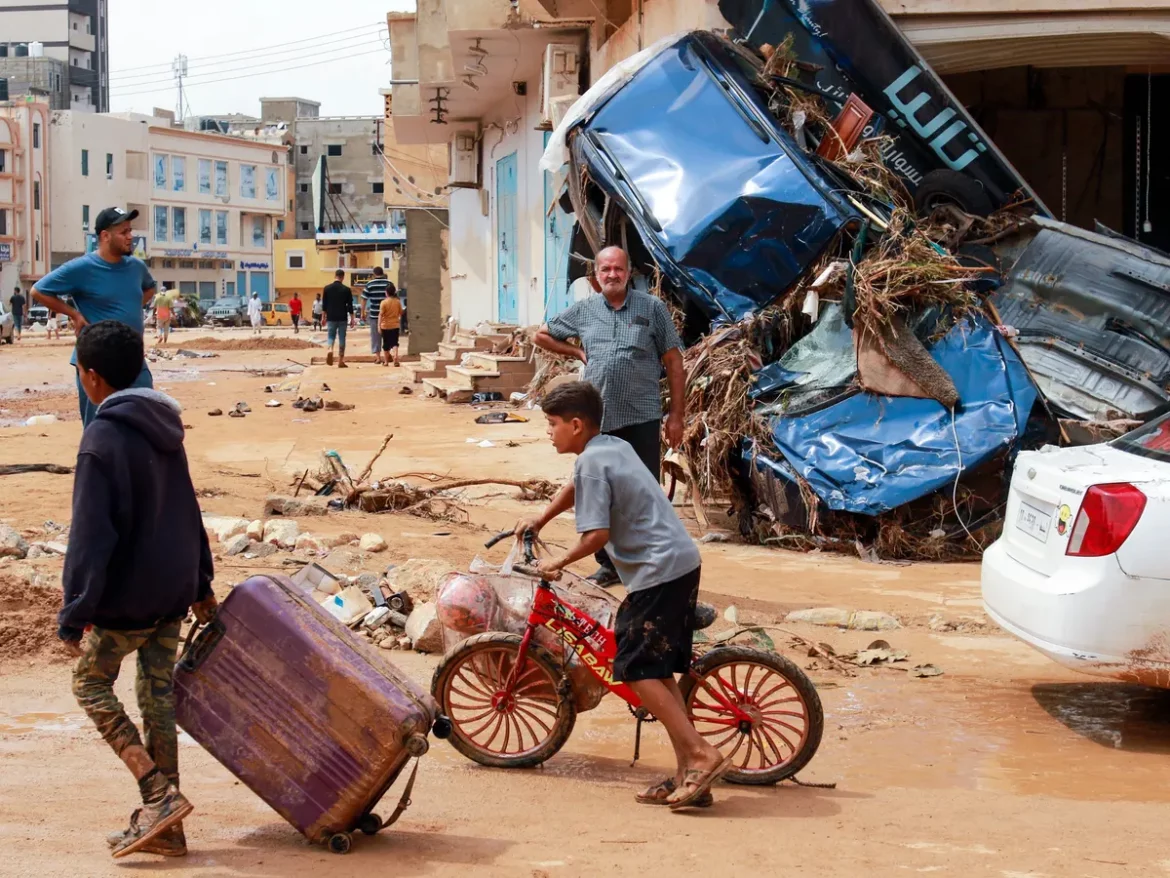A research by the charity Christian Aid has shown that a list of the 20 costliest climate disasters of 2023 has revealed a “global postcode lottery stacked against the poor.
The research found that devastating wildfires and floods are hitting those who can least afford to rebuild, and the countries that have contributed least to the climate crisis by burning far fewer fossil fuels than wealthy nations, which have faced fewer climate disasters.
The cost ranges from more than $4,000 (£3,155) per person due to a wildfire in Hawaiito $9 (£7) per person due to flooding in Peru.
Among other things, the research examined 20 natural disasters exacerbated by climate breakdown that hit 14 countries over the past year. The highest per capita cost was the wildfires in Hawaii in August, which far outstrips the second costliest, which was Guam’s storms in May, at a cost of nearly $1,500 (£1,182) per person.
Read also: Environmentalist warns food waste fuels global warming
The analysis, which was published on Wednesday, highlights that countries with worse infrastructure and flimsier homes face larger costs after a climate disaster as their inhabited areas are more easily destroyed. In the areas where people have faced the highest costs, many are employed in agriculture, which is vulnerable to extreme weather, and the government is less likely to invest in prevention or rebuilding.
In his reaction, Patrick Watt, who is the chief executive of Christian Aid, said that when it comes to the climate crisis, there is a global postcode lottery that is stacked against the poor.
“In poorer countries, people are often less prepared for climate-related disasters and have fewer resources with which to bounce back. The upshot is that more people die, and recovery is slower and more unequal,” he said. “There is a double injustice in the fact that the communities worst affected by global warming have contributed little to the problem,”.
Speaking further, he said that governments urgently need to take further action at home and internationally, to cut emissions, and adapt to the effects of climate change.
“And where the impacts go beyond what people can adapt to, the loss and damage fund must be resourced to compensate the poorest countries for the effects of a crisis that isn’t of their making.”
Story was adapted from the Guardian.
